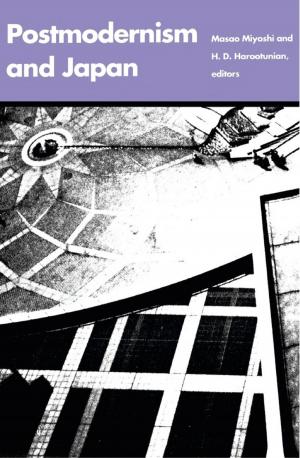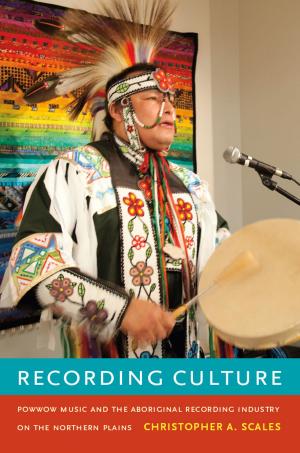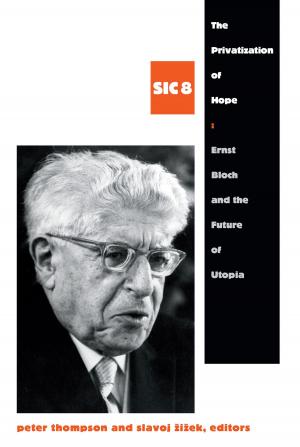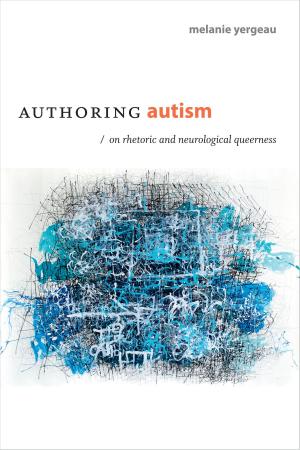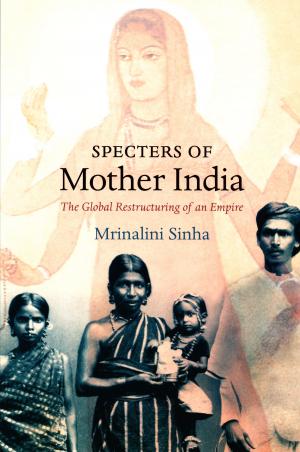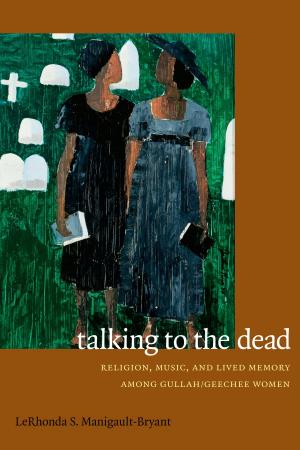Orientalism and Modernism
The Legacy of China in Pound and Williams
Fiction & Literature, Poetry, American| Author: | Zhaoming Qian | ISBN: | 9780822397410 |
| Publisher: | Duke University Press | Publication: | September 29, 1995 |
| Imprint: | Duke University Press Books | Language: | English |
| Author: | Zhaoming Qian |
| ISBN: | 9780822397410 |
| Publisher: | Duke University Press |
| Publication: | September 29, 1995 |
| Imprint: | Duke University Press Books |
| Language: | English |
Chinese culture held a well-known fascination for modernist poets like Ezra Pound and William Carlos Williams. What is less known but is made fully clear by Zhaoming Qian is the degree to which oriental culture made these poets the modernists they became. This ambitious and illuminating study shows that Orientalism, no less than French symbolism and Italian culture, is a constitutive element of Modernism.
Consulting rare and unpublished materials, Qian traces Pound’s and Williams’s remarkable dialogues with the great Chinese poets—Qu Yuan, Li Bo, Wang Wei, and Bo Juyi—between 1913 and 1923. His investigation reveals that these exchanges contributed more than topical and thematic ideas to the Americans’ work and suggests that their progressively modernist style is directly linked to a steadily growing contact and affinity for similar Chinese styles. He demonstrates, for example, how such influences as the ethics of pictorial representation, the style of ellipsis, allusion, and juxtaposition, and the Taoist/Zen–Buddhist notion of nonbeing/being made their way into Pound’s pre-Fenollosan Chinese adaptations, Cathay, Lustra, and the Early Cantos, as well as Williams’s Sour Grapes and Spring and All. Developing a new interpretation of important work by Pound and Williams, Orientalism and Modernism fills a significant gap in accounts of American Modernism, which can be seen here for the first time in its truly multicultural character.
Chinese culture held a well-known fascination for modernist poets like Ezra Pound and William Carlos Williams. What is less known but is made fully clear by Zhaoming Qian is the degree to which oriental culture made these poets the modernists they became. This ambitious and illuminating study shows that Orientalism, no less than French symbolism and Italian culture, is a constitutive element of Modernism.
Consulting rare and unpublished materials, Qian traces Pound’s and Williams’s remarkable dialogues with the great Chinese poets—Qu Yuan, Li Bo, Wang Wei, and Bo Juyi—between 1913 and 1923. His investigation reveals that these exchanges contributed more than topical and thematic ideas to the Americans’ work and suggests that their progressively modernist style is directly linked to a steadily growing contact and affinity for similar Chinese styles. He demonstrates, for example, how such influences as the ethics of pictorial representation, the style of ellipsis, allusion, and juxtaposition, and the Taoist/Zen–Buddhist notion of nonbeing/being made their way into Pound’s pre-Fenollosan Chinese adaptations, Cathay, Lustra, and the Early Cantos, as well as Williams’s Sour Grapes and Spring and All. Developing a new interpretation of important work by Pound and Williams, Orientalism and Modernism fills a significant gap in accounts of American Modernism, which can be seen here for the first time in its truly multicultural character.

